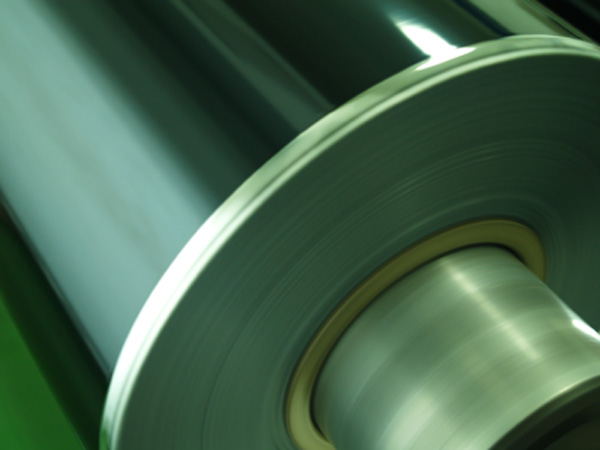Tata Consumer Products signed up as a founding member of the India Plastics Pact in September 2021. The India Plastics Pact is a collaboration between the Confederation of Indian Industry (CII) and WWF India that brings together multiple stakeholders to set time-bound target-based commitments to transform the current linear plastics system into a circular plastics economy.
The Pact seeks to transform the entire plastics value chain through a public-private collaboration with ambitious collective targets for change by 2030. The targets have been developed to address the complex challenges faced by the country and serve as a framework to counter them.
Target 1 – Define a list of unnecessary or problematic plastic packaging and items and take measures to address them through redesign and innovation.
Target 2 – 100% of plastic packaging to be reusable or recyclable.
Target 3 – 50% of plastic packaging to be effectively recycled.
Target 4 – 25% average recycled content across all plastic packaging. Click here to find out more about the India Plastics Pact
Tetley and Loop
In September 2021, Tetley in the UK took a big step forward with its programme to explore options to eliminate single use packaging by participating in a 10-store trial with Tesco and Loop, the zero-waste system. The new tins, containing 80 biodegradable Tetley tea bags are available in designated Loop branded reuse stations in select Tesco stores. The cannister is returned for washing and reused by refilling them with teabags and returning them for sale. Click here to find out more about the Tetley and Loop reuse trial.
UK Plastics Pact
Tata Consumer UK officially joined the UK Plastics Pact in October 2018. This is a collaborative initiative between UK businesses across the plastics value chain, UK governments, and NGOs to create a circular economy for plastics. By 2025 the UK Plastics Pact aims to – Design 100% plastic packaging to be reusable, recyclable, or compostable; Recycle or compost 70% of plastic packaging; Use 30% average recycled content across all plastics packaging; and, Eliminate problematic and unnecessary single-use packaging items. Click here to find out more about the UK Plastics Pact
Tata Salt and Tata Tea brands, India
Tata Consumer is implementing recyclable packaging for Tata Salt and Tata Tea brands to eliminate the use of multi laminate packaging. It is also maximising the reuse of secondary packaging, resulting in efficient use of resources.
Explore more initiatives
Tata Consumer Products is also exploring other avenues for respecting human resources sustainability and recyclable packaging and systems. These include Extended Producer Responsibility Zero Waste to Landfill Modern Slavery statement UK and the UK Gender Pay Gap 2020.








